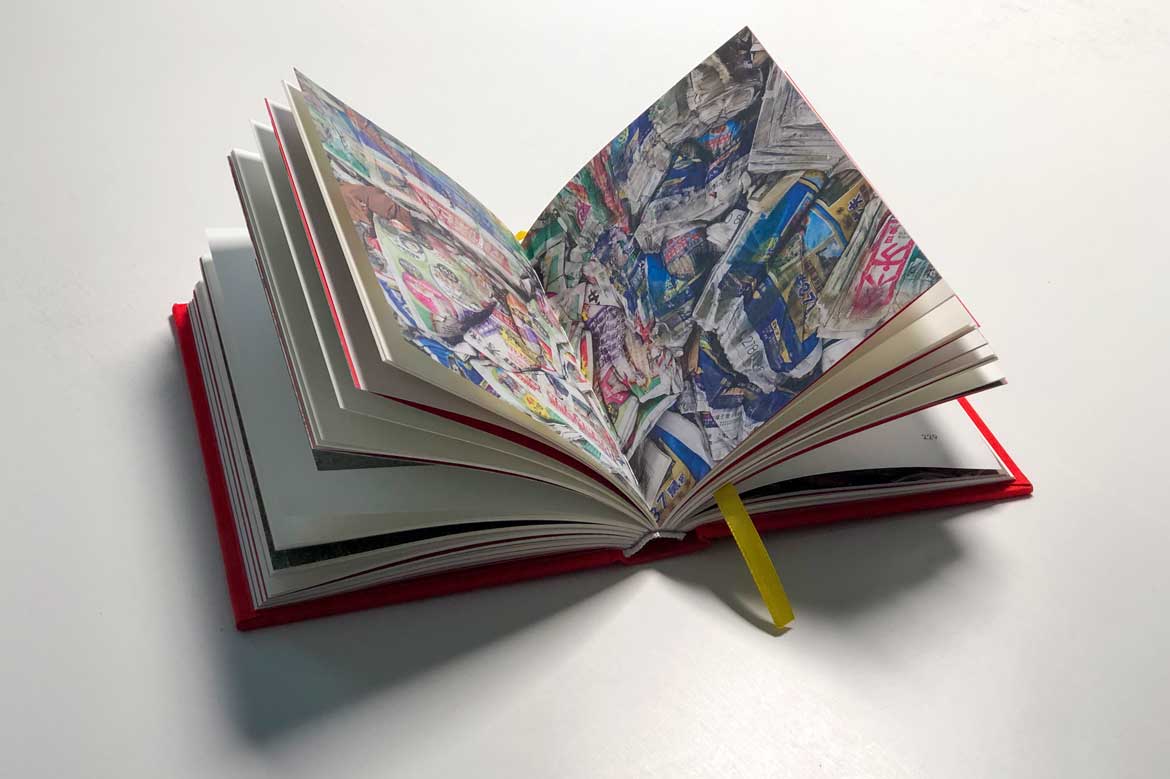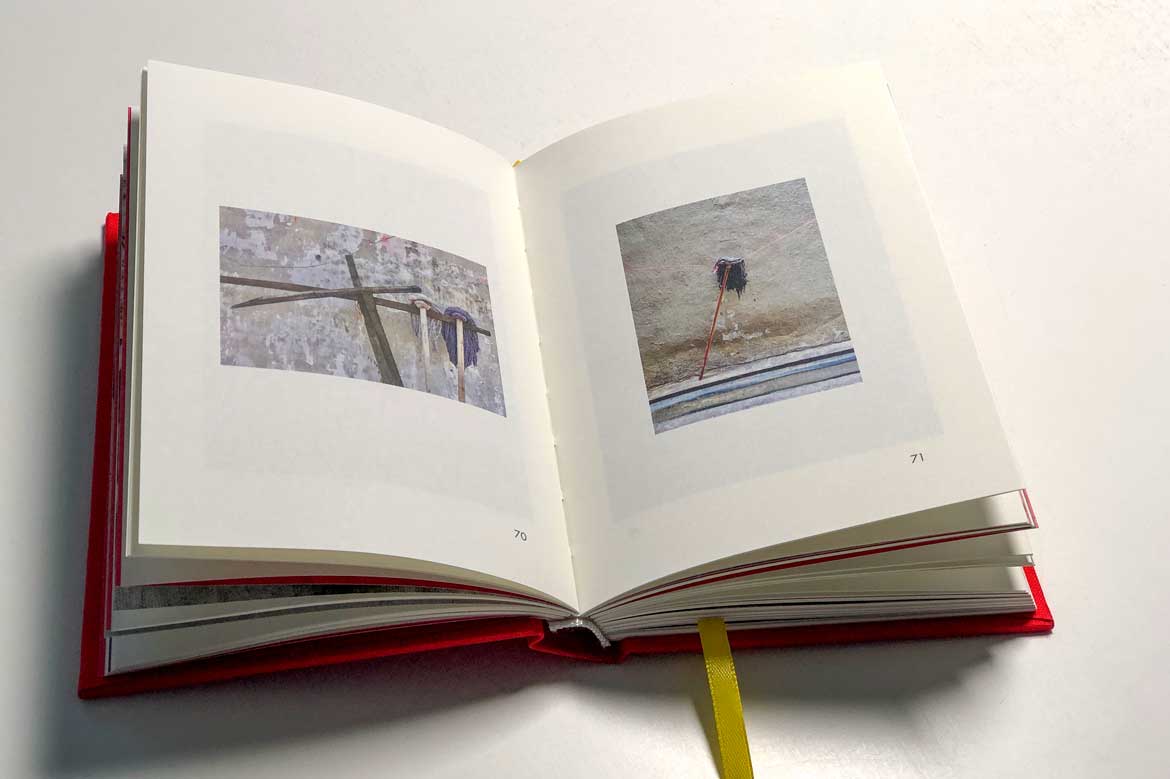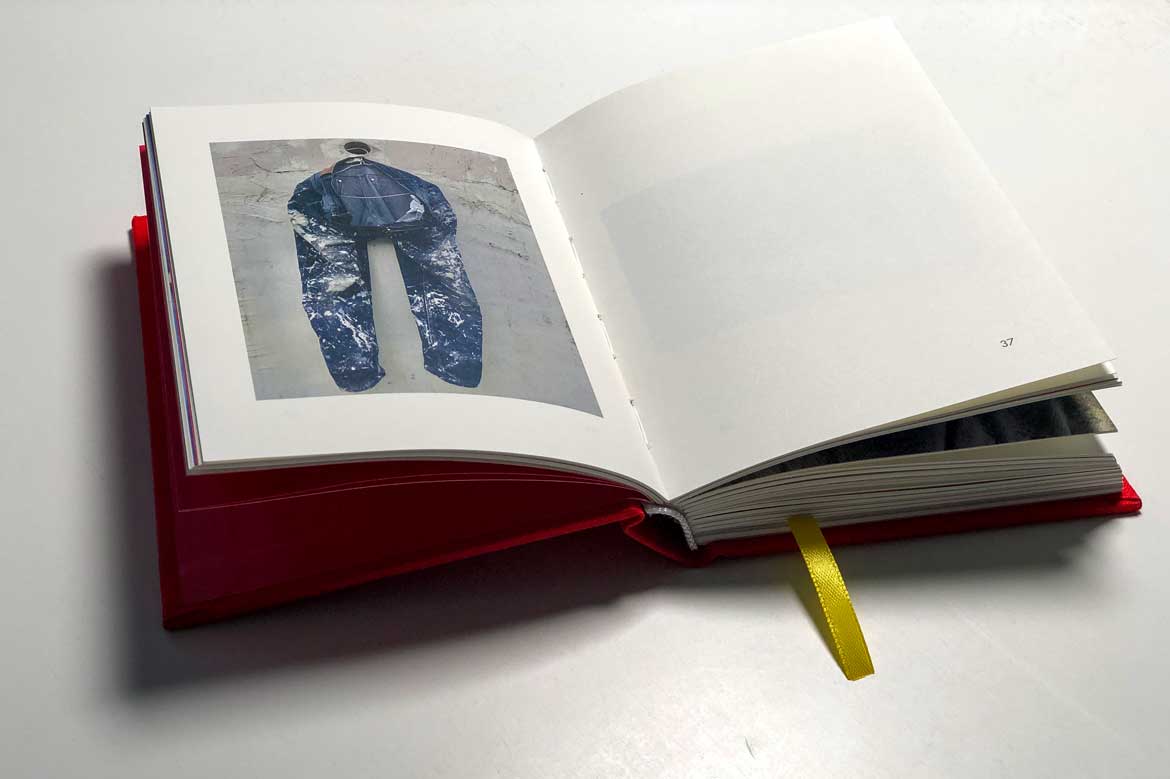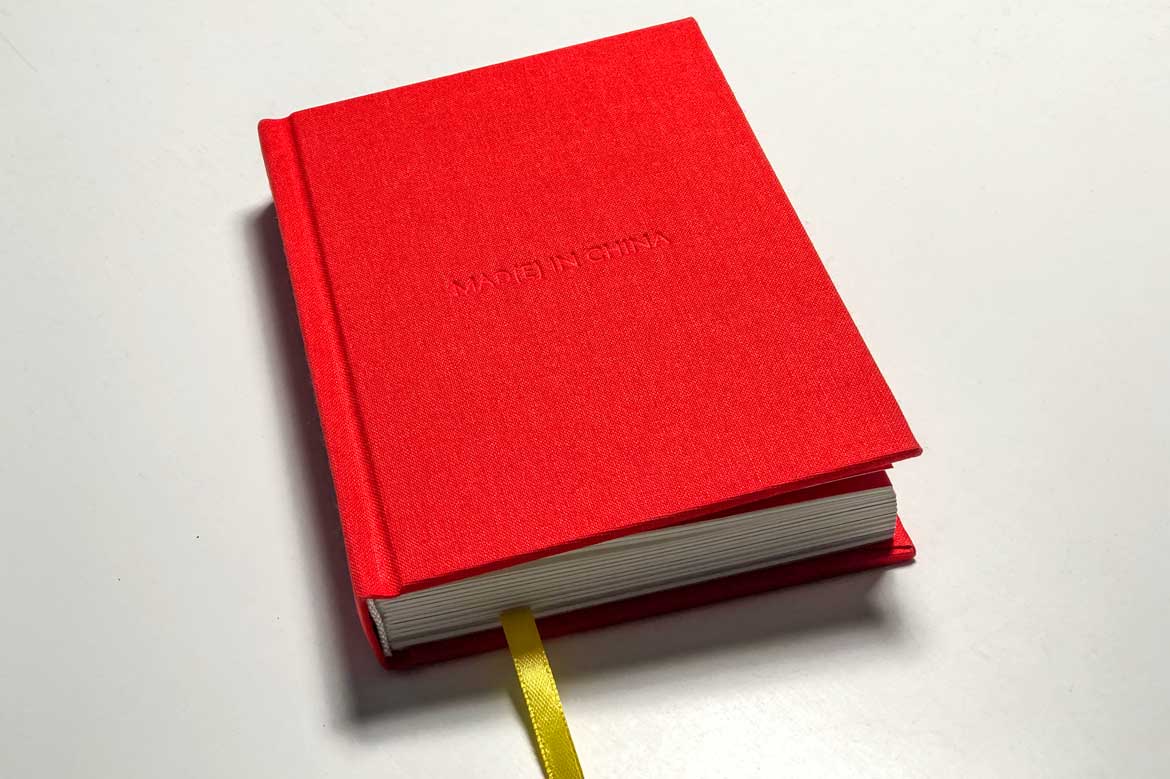
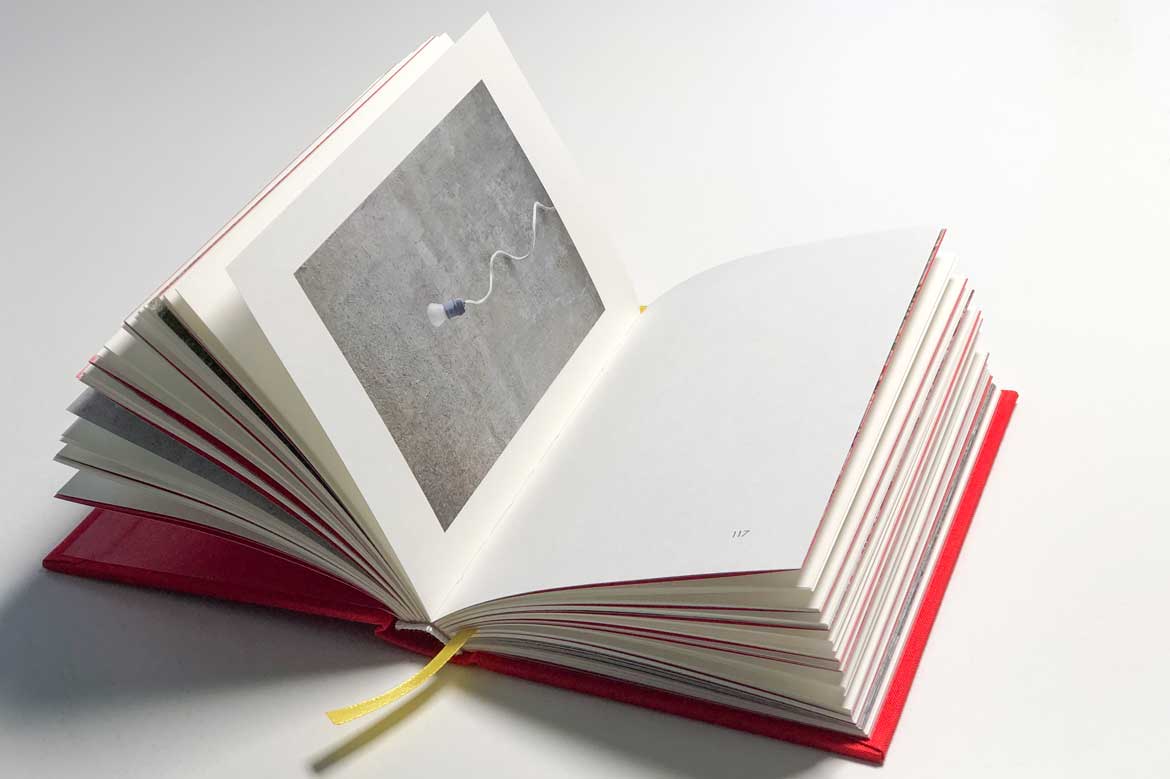
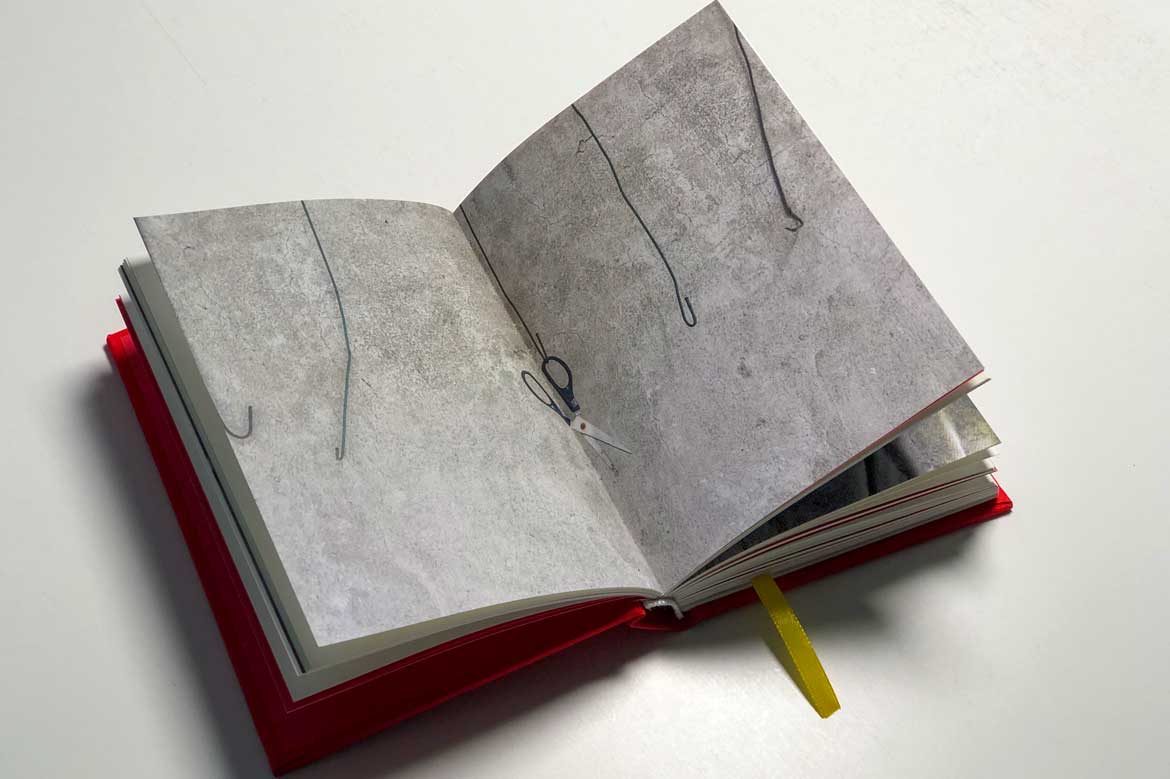



Wir können lernen, was wir nicht wussten.
Wir sind nicht nur gut darin, die alte Welt zu zerstören,
Wir sind auch gut darin, Neues zu bauen.
Mao Tse-tung
Unter der Führung von Vorsitzendem Mao Tse-tung vollzog die Volksrepublik China den Wandel von einer agrarisch geprägten Gesellschaft hin zu einer zentral organisierten Industrienation. Getrieben vom Ziel, die alte Ordnung zu stürzen und eine neue Gesellschaft zu schaffen, wurde das politische System radikal dem Staat untergeordnet. Die von Mao und seinen Anhängern rigoros durchgesetzte Transformation brachte wirtschaftliches Wachstum, hinterließ jedoch zugleich gravierende ökologische und kulturelle Schäden.
Die Stadt Wenzhou, im Westen kaum bekannt, zählt mit rund zehn Millionen Einwohnern zu den am schnellsten wachsenden Metropolen Chinas. In den vergangenen drei Jahrzehnten dehnte sich ihr urbaner Raum unaufhörlich aus – in Richtung Felder, Hügel, traditionelle Dörfer. Was dort einst stand, wird nach und nach verdrängt, überbaut, ausgelöscht.
V.H. schreibt:
„Ich war oft in Wenzhou. Besonders faszinierte mich der Rand der Stadt – jener unscharfe Übergang, an dem die Ausmaße spürbar werden. Ich wurde Zeuge einer stillen, aber unaufhaltsamen Bewegung, die das Vergangene verschlingt. Mit der Kamera wollte ich festhalten, was kurz darauf verschwinden würde. Jeder Besuch war ein Versuch, dem Vergessen zuvorzukommen. So entstand diese Sammlung: ein visuelles Archiv vergänglicher Erinnerungen.“
Das vorliegende Buch ist ein Ausschnitt, ein flüchtiger Blick auf einen Wandel, der überall in China stattfindet. Schon jetzt sind viele der alten Dörfer, die hier noch auftauchen, im Beton neuer Wohnanlagen und Industriekomplexe versunken.
Bilder & Text: Volker Heidmann
1.Auflage
280 Seiten
148x105mm
ISBN 978-3-00-072997-3
We can learn what we did not know.
We are not only good at destroying the old world,
we are also good at building the new.
Mao Tse-tung
Under the leadership of Chairman Mao Tse-tung, the People’s Republic of China transformed from an agrarian society into a centrally organized industrial nation. Driven by the ambition to overturn the old order and build a new society, the political system was rigorously subordinated to the interests of the state. The transformation, forcefully imposed by Mao and his followers, brought economic growth—but at the cost of severe environmental and cultural destruction.
The city of Wenzhou, largely unknown in the West, is today one of China’s fastest-growing metropolises, with a population of around ten million. Over the past thirty years, its urban expansion has been relentless, steadily advancing into fields, hills, and traditional villages. What once stood on its periphery is now being displaced, built over, and erased.
V.H. writes:
“I have visited Wenzhou many times. What fascinated me most was the city’s edge—that shifting boundary where its true scale becomes tangible. I witnessed a quiet yet unstoppable movement that devours the past. My camera became a tool to capture what would soon no longer be there. Each visit was an attempt to preserve moments destined to vanish. From this, a visual archive of fleeting memories began to take shape.”
This collection of images offers only a brief glimpse into what has occurred—knowing that the same transformation is unfolding across China. By the time this book is published, many of the old villages featured here will already have been buried beneath concrete, replaced by new housing blocks or factories.
Pictures & Text: Volker Heidmann
1.Edition
280 Pages
148x105mm
ISBN 978-3-00-072997-3
